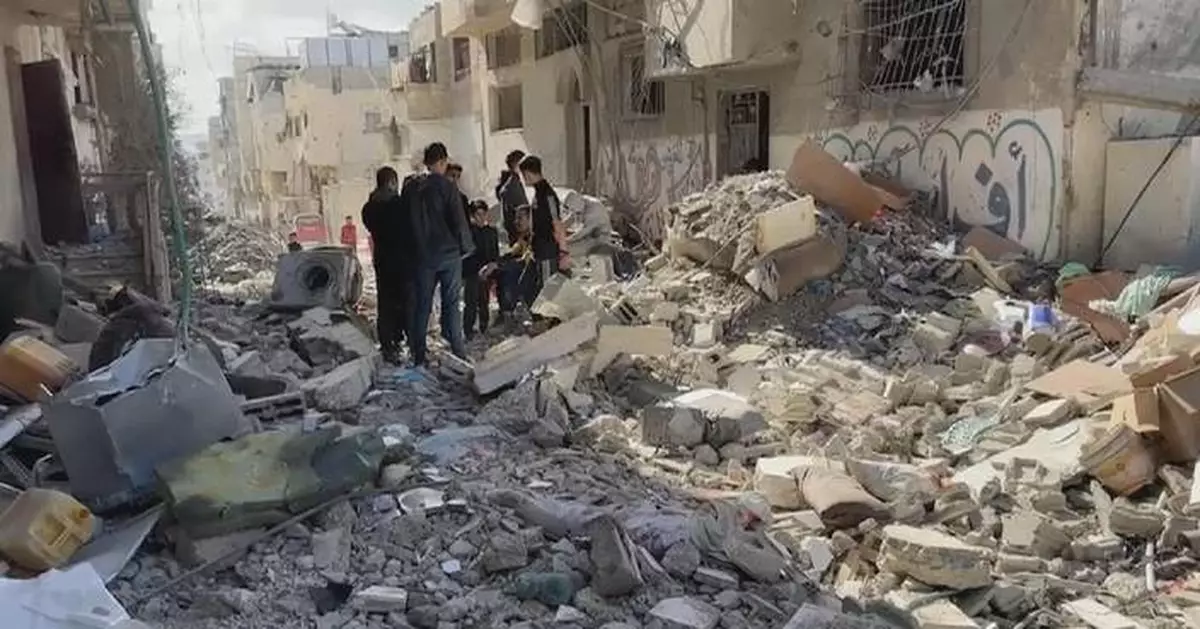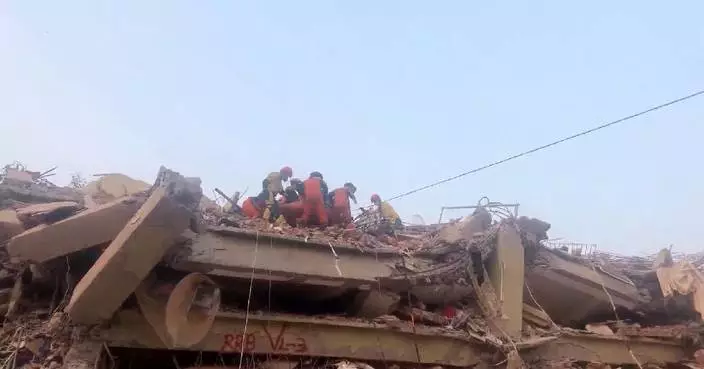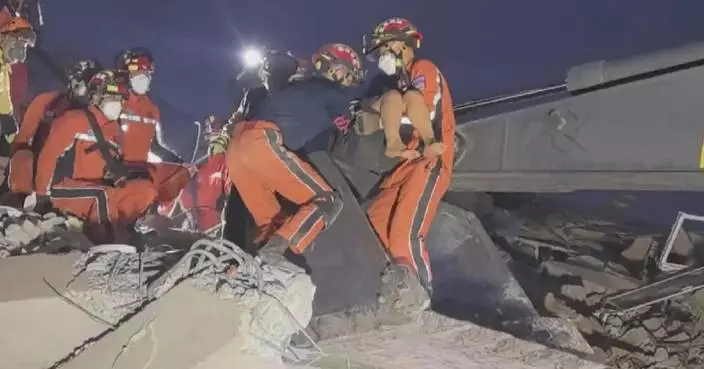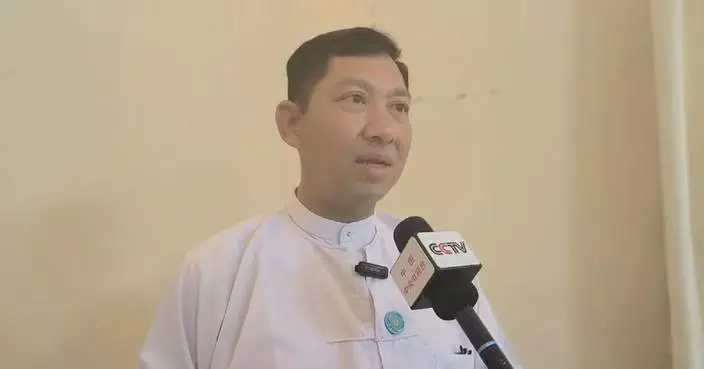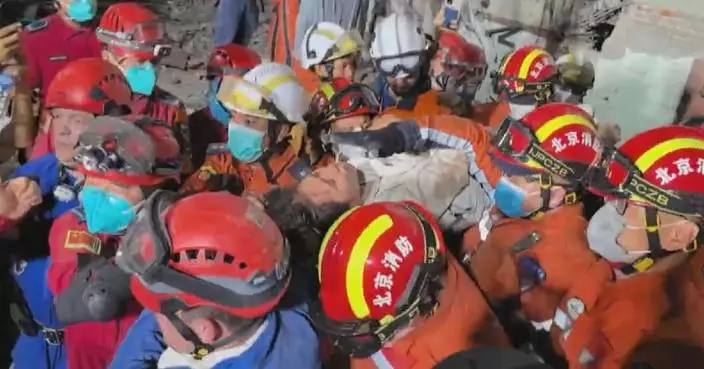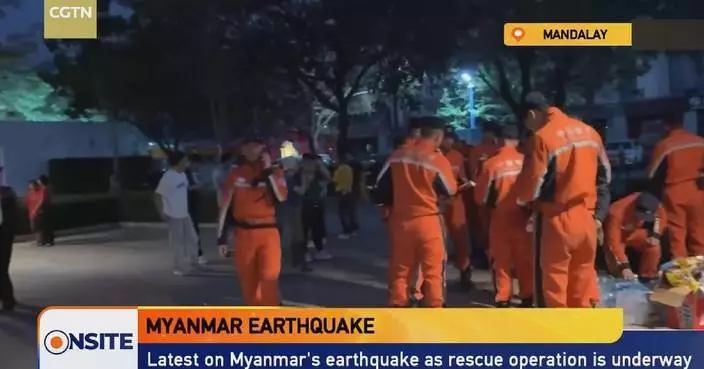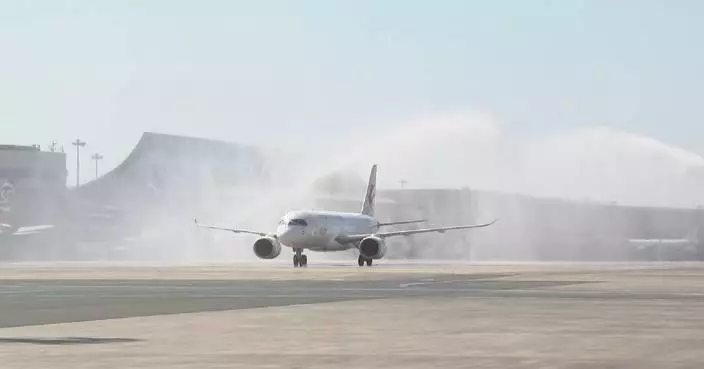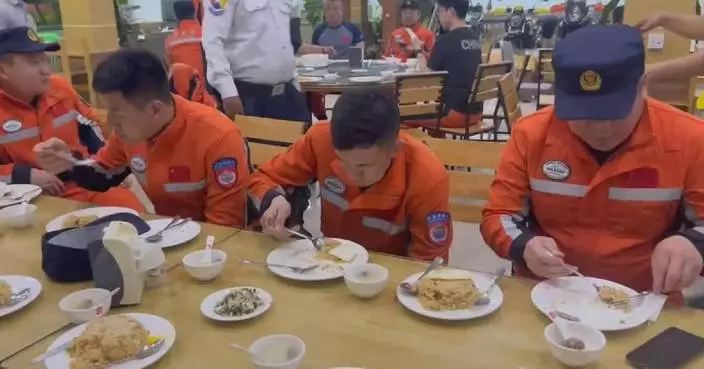The United Nations (UN) humanitarian agency on Wednesday raised alarm over the worsening crisis in the Gaza Strip, where rapidly depleting supplies and shrinking living spaces are exacerbating the plight of those in the besieged areas.
The UN Office for the Coordination of Humanitarian Affairs (OCHA) reported that over 142,000 people have been displaced in the Gaza Strip within a week, with numbers expected to climb further as Israeli displacement orders and intensified bombardments continue.
Israeli forced displacement orders now cover about 17 percent of the region, according to the agency.
Israel's aid blockade on all crossings has entered its fourth week, driving soaring prices, critically low medical supplies, and fuel shortages across Gaza, with some essential resources projected to last only a few days, the OCHA reported.
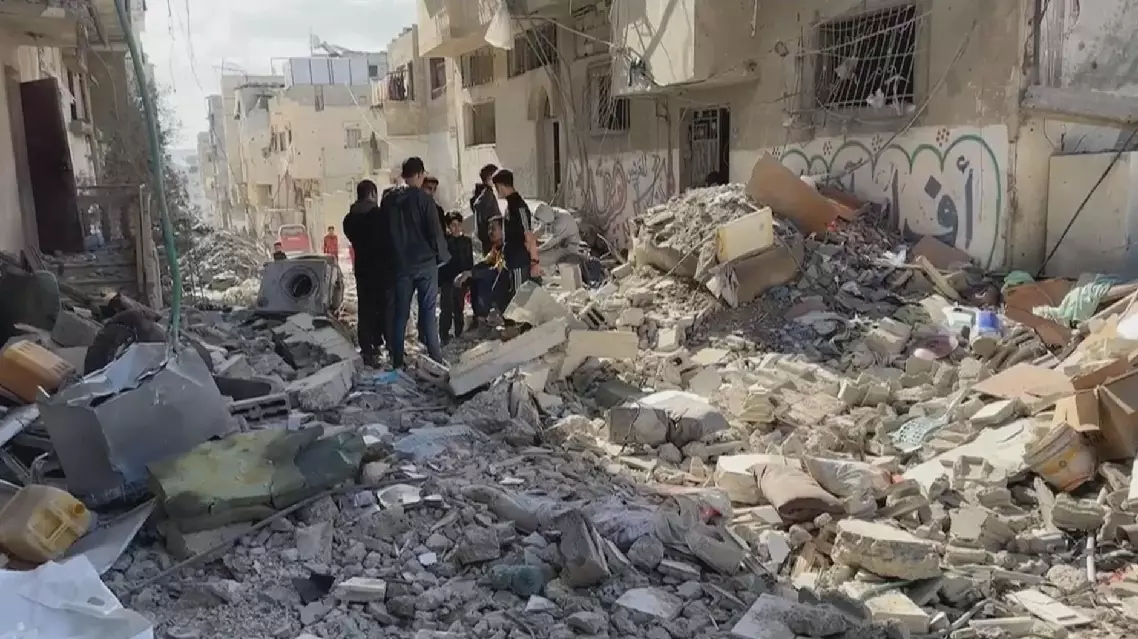
UN warns of worsening crisis in Gaza as displacement, supply shortages intensify
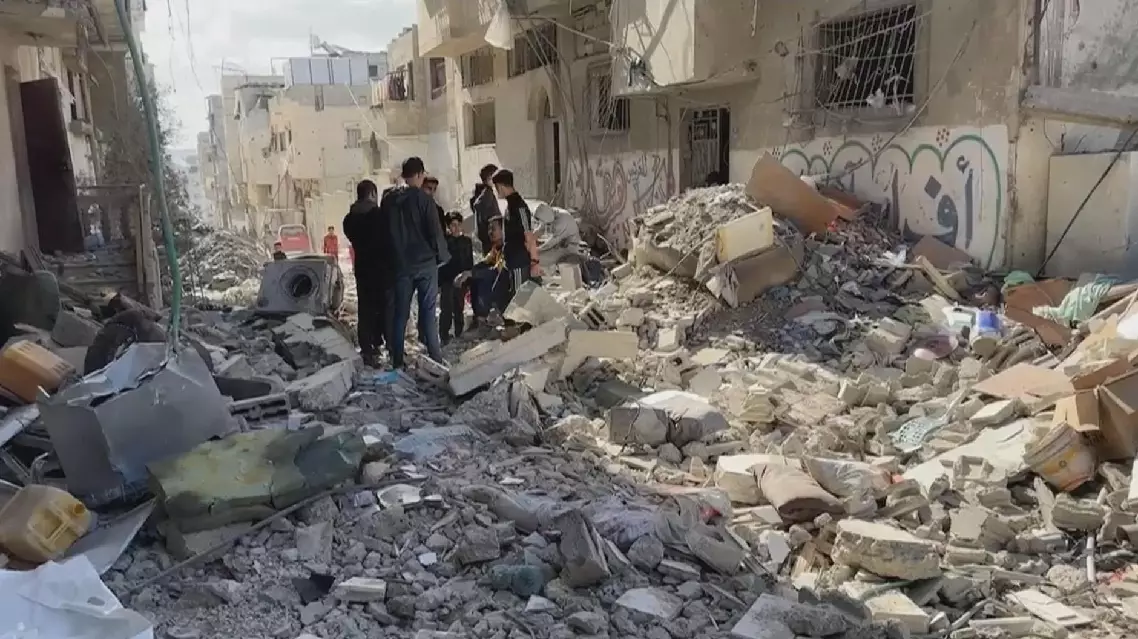
UN warns of worsening crisis in Gaza as displacement, supply shortages intensify
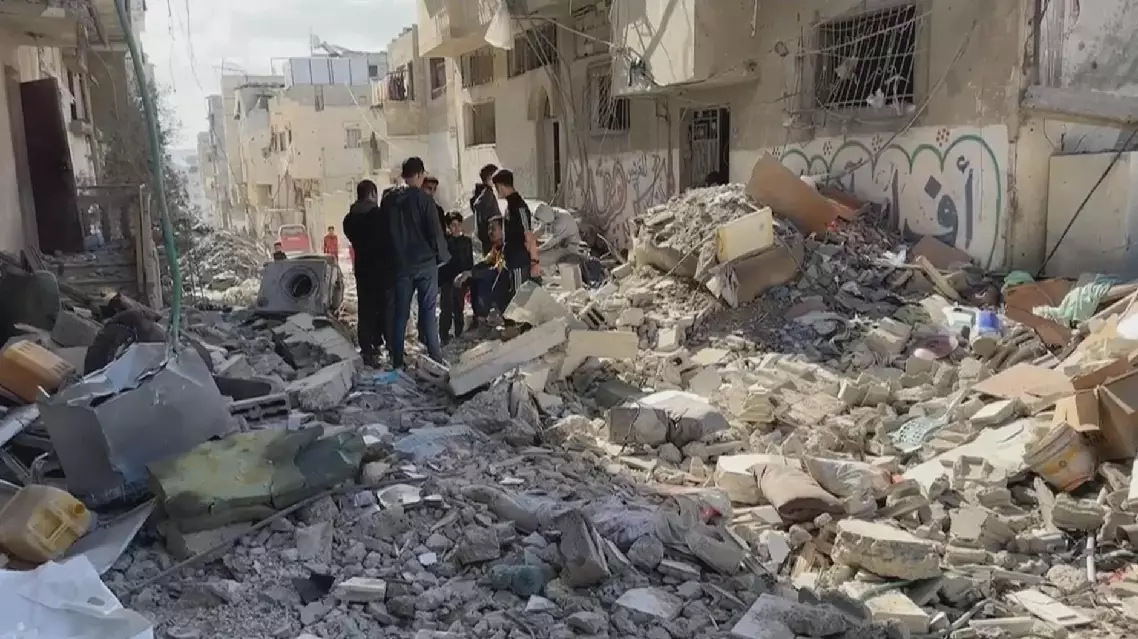
UN warns of worsening crisis in Gaza as displacement, supply shortages intensify
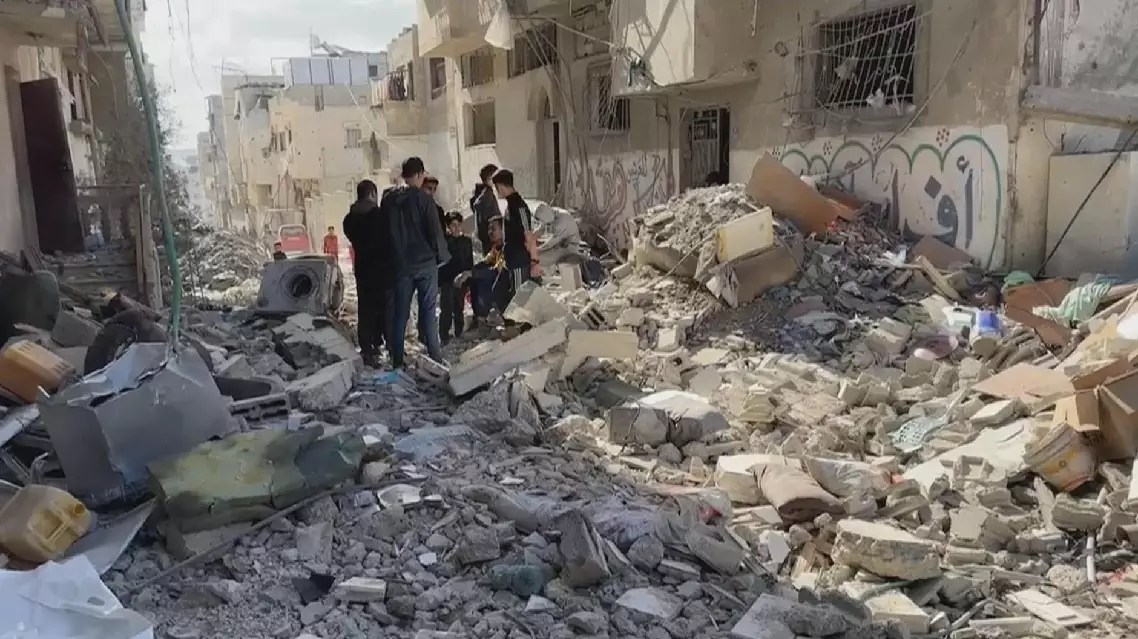
UN warns of worsening crisis in Gaza as displacement, supply shortages intensify
Chinese expatriates and residents in Myanmar have volunteered to coordinate large-scale relief operations to communities affected by a devastating earthquake in Mandalay, the second largest city in the country.
The 7.5-magnitude quake, which struck central Myanmar on Saturday, has left 1,700 killed, 3,400 injured and 300 missing, according to the Sunday statement from the country's State Administration Council.
Chinese nationals residing in Myanmar swiftly organized aid networks, establishing over a dozen volunteer groups and fund-raising channels to deliver critical supplies to hard-hit regions, including Mandalay.
Relief materials, including drinking water, food, and medical supplies, have been gathered in Yangon, the capital, which serves as the main hub for collecting donations. Local residents began donating these items on Saturday, with plans to transport them to disaster zones as early as Monday.
Many overseas Chinese living in Yangon drove more than 10 hours overnight to deliver supplies, such as antiseptics, gloves and N95 masks, to rescue teams in Mandalay. Many restaurants offered free meals to rescue workers.
The journey to Mandalay has been challenging due to severe damage to roads, with some routes taking more than 10 hours instead of the usual seven.
"Normally it takes seven or eight hours, but now it's a detour that could cost a dozen hours. We didn't suffer big loss. We just do some delivery errands, the least we can contribute. Others have made relatively great contributions. We didn't help much. What's important is to get the supplies there in time," said Li Chengyuan, head of a Rangoon-based logistics company.
Despite the logistical hurdles, the Yangon market remains well-stocked, allowing for the procurement of necessary items at normal prices.
Nevertheless, essential services such as power supply and communications in disaster-hit areas like Mandalay and Nay Pyi Taw have not yet returned to normal, complicating rescue efforts further.
Large rescue machinery is still struggling to enter disaster-hit areas due to the poor road condition between Yangon and Mandalay.
Relief supplies were rushed to the earthquake-stricken areas. On Saturday, China's Yunnan Province launched an emergency response mechanism to prepare tents, blankets, foldable beds and other relief supplies, with the first batch of supplies arriving in Myanmar on Saturday by air.
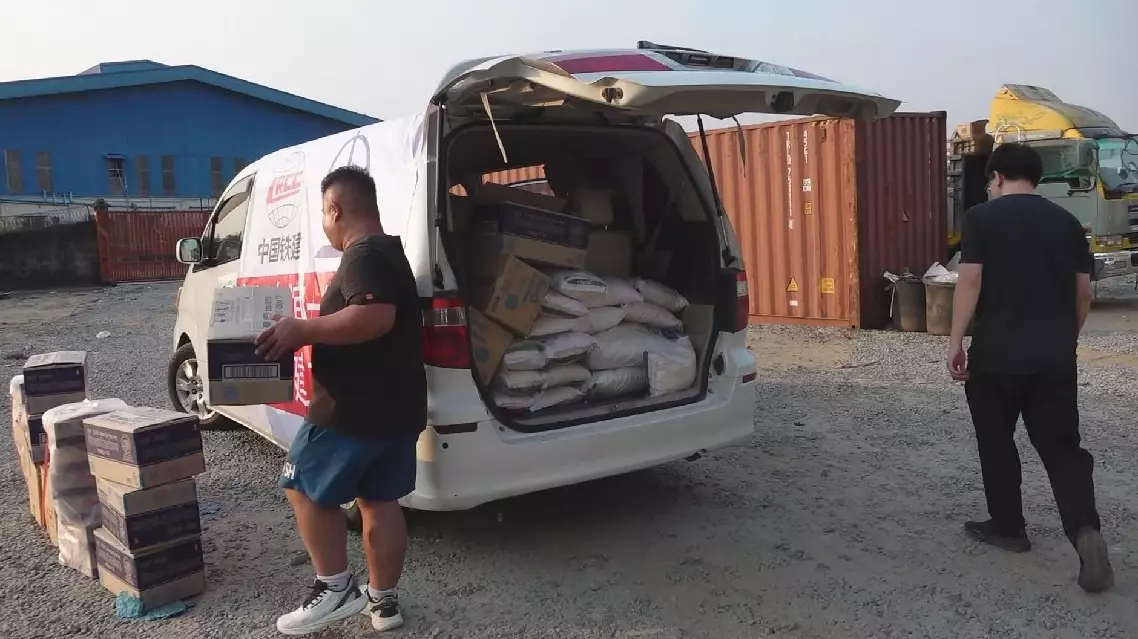
Chinese volunteers channel relief material shipment to quake-hit Mandalay






